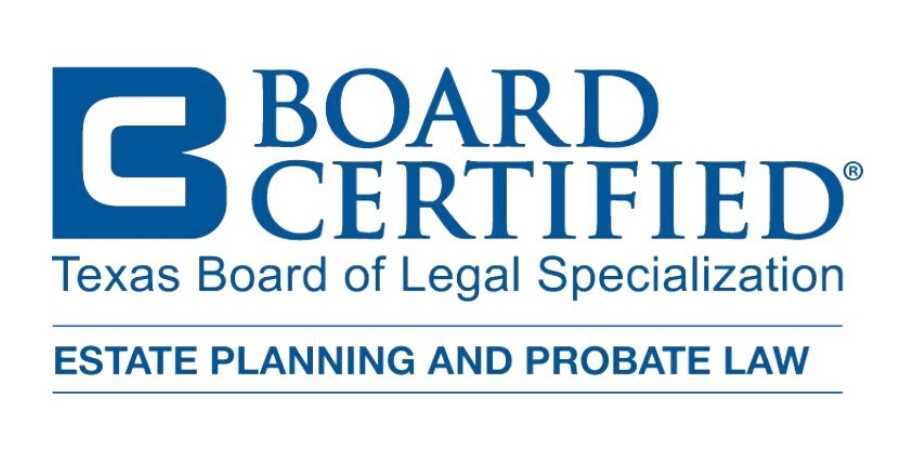Bulletproof Your Legacy for 2024
Simply having a will does not avoid probate

Did you know simply having a will does not avoid a costly probate proceeding? A will is a document in which you will be able to state who your heirs are. You can also state how you want to distribute your estate and you’ll also be able to appoint whoever the executor is to be along with any alternates, The executor’s job is to take the will to probate, get court appointed, collect the assets, make an inventory, and then distribute the assets pursuant to the statement of the will. So that’s fairly straightforward.
The problem is, a lot of times when clients are looking at doing a will, they don’t realize that it is really a two-step process. Step one happens while you’re alive. You prepare the will now. The will, while you’re alive doesn’t have any kind of power or authority. Once you pass away, then the will has potential, but it doesn’t have power or authority until it is admitted to probate by the appropriate court.
So that means we still have the second step. So, a lot of times when our firm is hired to do a will, I know that that there will be work coming up for the future for that case. How does a will work? How do you probate the will? Once a person dies, like when you don’t have a will, the process is similar, except it’s much more efficient when there is a will. We still have to file an application to probate the will. We’ll need to file the original will and original death certificate and that will need to be posted for at least 10 days. After those ten days, the court will give us a hearing. That hearing can also be anywhere from two weeks to two months, sometimes more, depending on the court’s docket.
The cost savings here is that there won’t be a need for attorney ad litem like in the previous example, with no will at the hearing. Then, the executor will need to be appointed and they will have thirty days to file a notice to creditors and 90 days to file an inventory of the estate. They can also file an affidavit in lieu of inventory. However, they’ll need to provide the inventory to everyone who would take under the will and have them confirm a receipt and acknowledge that there are no objections to the inventory. Now, once that inventory is approved and filed, then the executor can begin distributing the estate.
As you can see, this is still a little bit lengthier process. It could take four to six months before the assets can be distributed. Although it doesn’t sound like a long time, when there aren’t any funds that are available to pay for regular ongoing bills for the family, it could be a burden and it could create some risks of foreclosure and other situations like that. So, although the will does provide more efficient means for transferring, it still requires going to court and having the probate process.
Now, any time that we have a court process, it opens up the opportunity for there to be litigation. If one of the heirs is not happy with the way the distribution is laid out there, there could be a will contest. Typically, that can result because everyone is treated equally and one of the family members feels like they were always there for mom and dad. Maybe the other siblings were out of town and they never came in and never visited. So, the siblings that were closer to the parents geographically feel they’re entitled to a larger piece of the pie because they were there for their parents. So, if they’re treated equally, they could contest and argue this fact.
On the other hand, there could be an argument in the other direction. If the child that’s locally available and attends to the parents gets a larger piece of the estate, the other the other children could argue, hey, wait a minute, we’re also equally their child and we should be entitled to exactly the same. They might feel that they should all be treated equally. There could be different arguments that can be made and brought up before the court.
The one thing that that they can be certain of is that those arguments will be brought up. And from experience, arguments will cause delays and will increase the expenses for all the parties involved. There will be additional legal fees all the way around to respond to the different objections to the will and any kind of contest to the will. Something to consider if you bulletproofing your legacy is something you want to achieve in your lifetime.
If you would like to hear more about how our firm can help you plan for the future, contact us today. We would love to help.
We provide estate planning services to clients throughout South and Central Texas. Please contact us today, we are happy to share our expertise with you so you can make the best decisions for passing on your financial legacy. We are available in person, by appointment or by Zoom. In South Texas, call us at 956-791-5422.



CONTACT INFORMATION





















